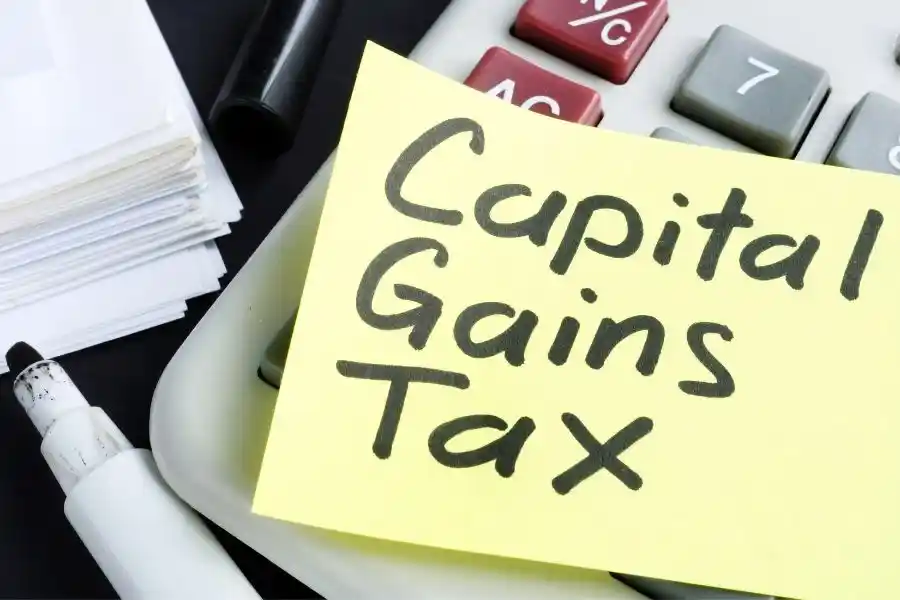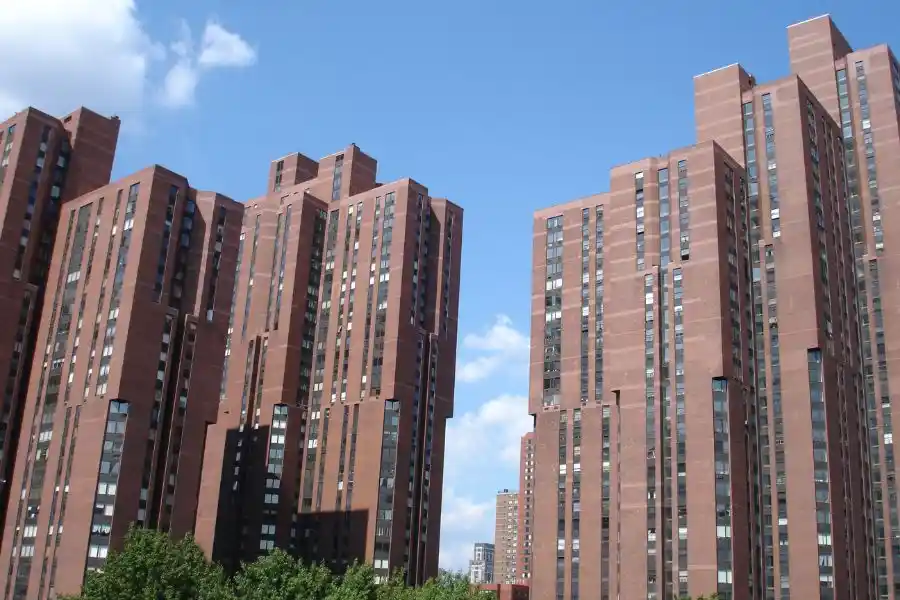If you have an apartment that you want to put on the market, one of the many questions you must ask yourself is – Is it a good time to sell an apartment in NYC? It’s redundant if you have a pressing financial need for which you are selling the apartment. But if you can wait, identifying a good time to sell an apartment in NYC can significantly impact your returns.
Market Trends
The number of newly signed contracts was higher in Brooklyn and Manhattan for both co-op and condo apartments for November 2024 than last year. The numbers fell from October, but it can be attributed to the typical seasonal slump. The interest rate cuts are expected to be more conservative in 2025, so a huge number of buyers flooding the market might be unlikely. So, it might be a good idea to wait till March to sell your apartment in NYC, as it’s generally considered a good time (based on market trends).

Factors Other Than The Market
It’s crucial to understand that no matter how strong the market trends are, they cannot cut down or prop up the fundamental value of your property beyond a certain degree. So, it’s essential to keep your expectations realistic. You can discuss the time of your sale, what renovations might help your apartment sell well, and other factors with a New York City broker and follow their advice to get the most out of your asset.












